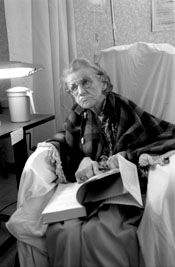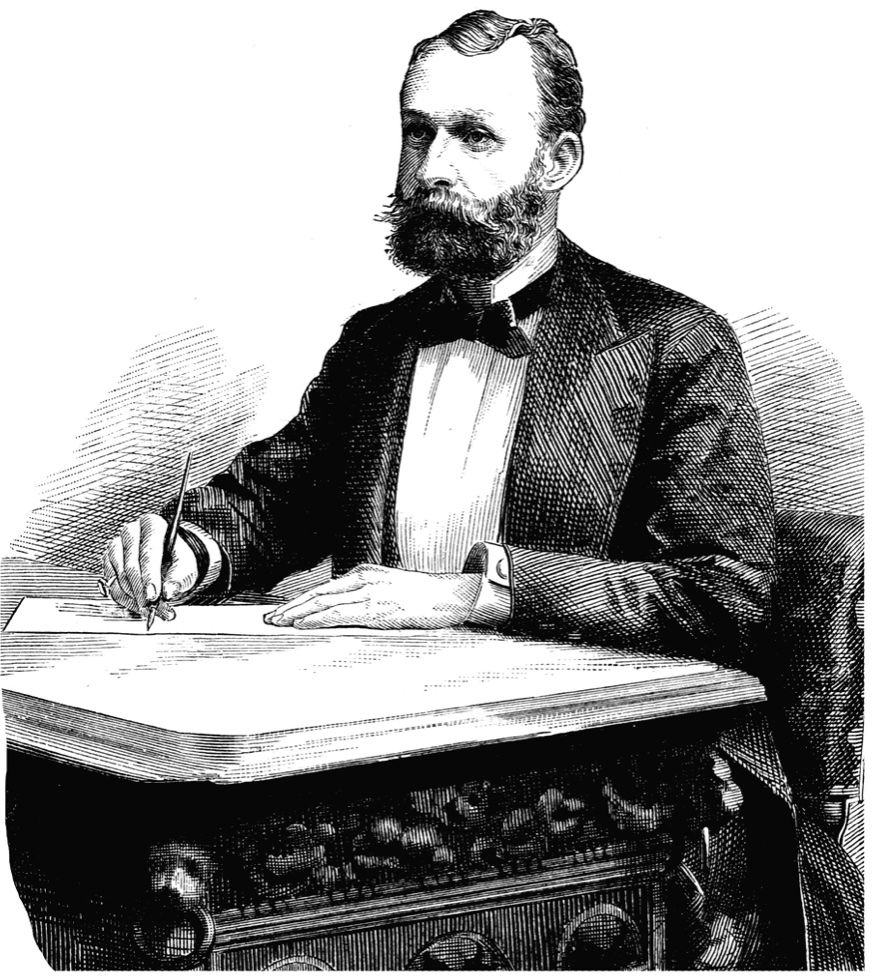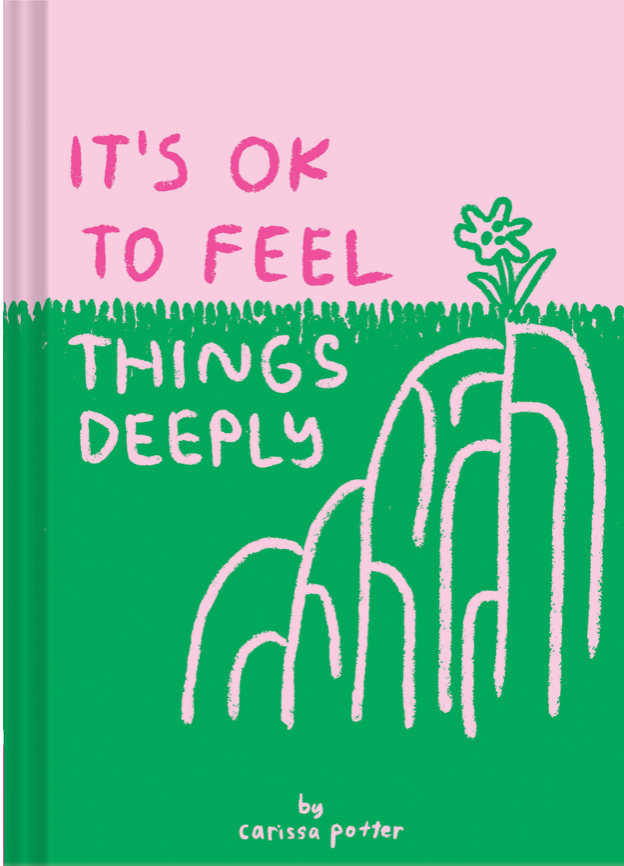
For a little over a year, I’ve struggled with a variety of health issues. The particulars are boring (and odd), but I will say that most people bounce back from such ailments in 1-2 months. Obviously, I am not one of those people. I’m healing all right, but at a maddening snail’s pace. I strive for a martyr-like demeanor, yet I won’t acquire sainthood anytime soon. I’m not a good sufferer. I’ve grasped for comfort all the year long day, primarily by way of reading. Somewhere along my book trail, I discovered the poet Vassar Miller, a fellow Houstonian, afflicted with cerebral palsy since birth (1924). I was humbled by this lady who suffered with more severity, and more grace than I have. I was inspired by poem after poem, like spoonfuls of medicine when my words seemed to fall short.
I remain enchanted, wishing we had met in person. Vassar Miller was a poet of great courage and skill, a crusader for the disabled, a self-taught theologian, and a teacher of creative writing at The University of St. Thomas, near her museum-district home. She had a raucous, bold laugh, even if she fell from the motorized cart which whisked her to class and back home again. She would proclaim, “Don’t help me. I can do it myself.” Bach oratorios, chocolate ice cream, her dogs, friends, and Sundays were among her favorite things. If asked her life-mantra, she’d say, “To write. And to serve God.” Frances Sage described her as “a rather shy, friendly woman with intelligent eyes, warm, and interested in conversation.”
Though her speech halted and skipped, her brain was sharp and she did not avoid poetry readings. With her typical, healthy sense of humor she described this in “Introduction to a Poetry Reading”:
I was born with my mod dress sewn onto my body,
stitched to my flesh,
basted to my bones.
I could never, somehow, take it all off
to wash the radical dirt out.
I even carry my own rock
hard in my mouth,
grinding it out bit by bit,
So, bear me
as I bear you.
high, in the grace of greeting.
She was who she was largely due to her parents. Her bookish Dad lugged home his typewriter from work for Vassar to play with, and criticized her early, trite poetry. Her stepmom encouraged her to read and write; both parents took on her education at home until she entered junior high. After receiving B.S. and M.A. degrees from UH, Miller accomplished more than most able-bodied people. She published nine volumes of poetry, edited a literary anthology (
Despite This Flesh: the Disabled in Stories and Poems), was included in numerous periodicals, selected as a finalist for the Pulitzer Prize (1961), named the poet laureate of Texas (1988; alternate in 1982), and inducted into the Texas Women’s Hall of Fame (1996).
She was admired by such peers as Donald Hall, Denise Levertov, Miller Williams, and most famously, Larry McMurtry. He hadn’t the greatest opinion of Texas writers (in 1981), but he singled out Vassar Miller as an exception, “That she is to this day little known, read, or praised in Texas is the most damning comment possible on our literary culture.” Even so, at age 74, she died virtually unknown (though there is a Vassar Miller Prize in Poetry). There might be a few clues to this mystery.
She had decided to live in Houston, outside the mainstream of poetry in New York. A woman of unflinching faith, she dipped her lame feet in two churches: St. Stephen’s Episcopal in the morning for the rituals of liturgy; Covenant Baptist in the afternoon for the music and diversified congregation. She often wrote in traditional forms, bucking against the popular poetry of her day – the Beats and Confessional poets – though her words were of common, American language. She unabashedly used themes that disturbed many – suffering, isolation, the silence of God, the naked self, the ineffable, and self-acceptance of her life’s constraints.
Regardless, Miller’s timeless, poetic voice upholds her reputation to this day. The core of her vision was that complex, unsentimental faith, with nods to the mystics, John Donne’s anguish, and George Herbert’s fervor. At times there’s a similarity to Flannery O’Connor as well. Both women were straight-shooters, right from the hip. They never apologized for their beliefs and often confounded their faithful brethren. Their respective afflictions were not the impetus to write, though I think it toughened them into sages. Whatever was in their mind’s eye is what you get. And as Levertov said, Miller did not care if her peers were listening. She rarely read her contemporaries. She believed that poets write to their deepest selves. Miller has also been deemed the Emily Dickinson of the 20th century, for her sources were personal and domestic, scenes of her solitude and feelings. Whether she recalls another writer to mind or not, she was in fact a living paradox: a successful, modern religious poet. “Without Ceremony” is just one poem of many that sums up her identity:
Except ourselves, we have no other prayer;
Our needs are sores upon our nakedness.
We do not have to name them; we are here.
And You who can make eyes can see no less.
We fall, not on our knees, but on our hearts,
A posture humbler far and more downcast;
While Father Pain instructs us in the arts
Of praying, hunger is the worthiest fast.
We find ourselves where tongues cannot wage war
On silence (farther, mystics never flew)
But on the common wings of what we are,
Borne on the wings of what we bear, toward You,
Oh Word, in whom our wordiness dissolves,
When we have not a prayer except ourselves.
In my reading of Vassar Miller, a few critics felt she was a Texas poet, though not a poet of Texas; they could not find the geography in her work. As I’ve lived in Houston most of my 33 years, I must respectfully disagree. I’ve listened to the droning sing-songs of cicadas all summer, thinking of this elegant lady. Cicadas, hurricanes, endless summers of heavy heat, and drab, snowless Januaries appear in her poems quite often:
Unwinding the spool of the morning, / the cicada spins his green song,Onions and Roses
(“Invocation” from
)
Hurricane, hurricane, / blow me away,If I Had Wheels or Love
(“Invocation” from
)
. . . the cicadas’ antiphonal choirs / one memory’s and one desire’s . . .
caught in the yellow honey of the heat.
(“High Noon”)
Even if a sense of place is not a prominent theme in Miller’s work, these glimpses of the Gulf Coast make me swell with Texan pride, proof-positive that her genius resided in my city. I’ve just about raised Vassar Miller to heroine status, among a select few: Mother Teresa, Flannery O’Connor, Billie, a local nursing home resident, my mom, my aunts, and my grandmothers. Each of these women looked head on in the face of suffering and survived. They not only survived, but extended their hands to anyone within reach. Intentionally or not, they impress on my frail heart how to persevere, smile, and even laugh when darkness settles in; they teach how to look beyond pain to service. My paternal grandmother did all of this and then some. When I was too young to philosophize, she taught me an invaluable lesson. As Parkinson’s Disease ravaged her nervous system, I witnessed that the disabled are not defined by handicap. As a child I didn’t know the term “Parkinson’s.” I knew “Memaw.” My grandmother and her soft, radiant smile whenever I walked in the room. In adulthood, this is how I vividly remember her.
Through her quiet, humble, successful life, Vassar Miller teaches us to see the physically handicapped in just this way. Not a twisted body, but a human being. To not gawk, stare, or point. Look into the eyes of every person – medical jargon is not their name. Do not fear or pity a bent spine, a shiver of tremors; be patient with a stuttering tongue. Love our neighbors with an artist’s eye, with imagination, for there is surely more than meets a healthy eye. Have courage; you might be surprised to find beauty within illness, perhaps more than you can bear. A broken body it may be, but a glimpse of restoration shimmers below; a reminder that the Fall is not forever.
In the introduction to
Despite This Flesh, Miller speaks directly to the handicapped: your greatest crutch is to be ashamed in light of society’s erroneous opinion. Remember the Body from which you come. Whether they’ve learned so or not, our culture desperately needs each foot, hand, ear, eye, nose, body. One arm may be lame, but in another time, it will be whole. And to writers: you have a special eye – you see what some cannot. Poets: your eye is especially free from prejudice, or so it should be. Hold your mirror to what is truthful. The race does not always belong to the swift.
Obviously, Vassar Miller’s poetic sensibilities and her faith cannot be ignored. She stated them as her connecting vision of life, “Liturgy has always seemed to me the poetry of worship, humanity’s poor best for the infinite. Formal language and syntax have always been my personal struggle for order in what has often seemed my disorderly world.” In a very real sense, religion and poetry were, to some degree, her stay against shadows and madness, part of her trinitarian view of poetry: it is sanctifying, creative, and redemptive. Sanctifying in that poetry bestows order on erratic emotions and events. Creative in that it gives shape, makes a relic, where only a mass of thoughts and sensations were before. Redemptive in that a poem makes art from cast-off words, giving them value.
Vassar Miller was well-versed in theology, and she probably knew quite a lot about St. Paul’s letter to the Ephesians wherein he stated, “we are His workmanship.” Miller’s life being immersed in words, I bet she knew that in the Greek, workmanship is “poiema.” Human beings are God’s poems. If I may further speculate, I’d say that’s why she championed the handicapped. Despite cerebral palsy, she knew that in her Maker’s eye, she was crafted well. Her body was out of order, but her soul held rhyme and reason.
Some of my best teachers are writers. And to my (selfish) benefit, they leave behind lessons I can turn to again and again. Vassar Miller teaches me to not cater to whim or sensation; write and live what is true and timeless to humanity; have tenacity in the face of suffering. Keep speaking toward the silence of God. And believe it or not, for all the beauty and groaning of sunshine, autumn leaves, sparrows, gardenias, or sheltering clouds, it is you and I – our bodies broken to some degree, our tongue a dangerous thing – who have memory, sin, suffering, and something to look forward to, even now:
The sun has no history.
Only I, bearing
my Adam and Eve on my back,
dragged under, dragged down, may leap
up to the saddle of hope.
(from “The Sun Has No History”)
For Further Reading:
If I Had Wheels or Love: Collected Poems of Vassar Miller
Heart’s Invention: On the Poetry of Vassar Miller (Steven Ford Brown, ed.)
Despite This Flesh: the Disabled in Stories and Poems (Vassar Miller, ed.)
“A Genius Obscured” (published in Sojourners)



